Latest News

Northfield appeals to Warren, Markey for Schell Bridge aid
NORTHFIELD — In the town’s latest effort to secure funding to replace the Schell Bridge, the Selectboard has sent a letter to U.S. Sens. Elizabeth Warren and Edward Markey seeking their support.The letter, which was recently sent to the senators’...
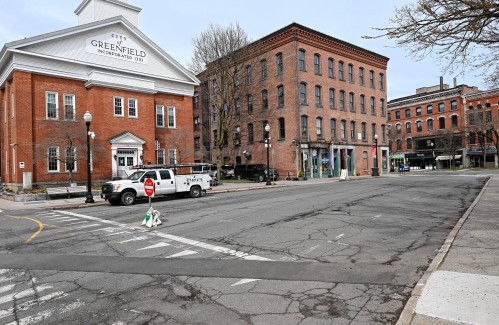
Greenfield’s Court Square to remain open year-round for first time since 2021
GREENFIELD — For the first time since 2021, Court Square will stay open to motorists year-round, closing only for special events that require pedestrian access.The city began seasonally closing Court Square to vehicles in 2021 when it adopted a pilot...
Most Read
 Former Leyden police chief Daniel Galvis charged with larceny
Former Leyden police chief Daniel Galvis charged with larceny
 My Turn: The truth about time spent on MCAS testing
My Turn: The truth about time spent on MCAS testing
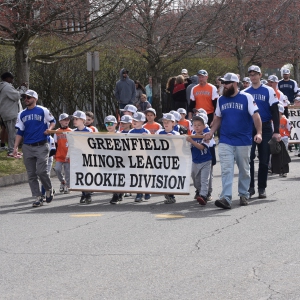 GMLB, Newt Guilbault gets seasons underway Sunday (PHOTOS)
GMLB, Newt Guilbault gets seasons underway Sunday (PHOTOS)
 Millers Meadow idea would ‘completely transform’ Colrain Street lot in Greenfield
Millers Meadow idea would ‘completely transform’ Colrain Street lot in Greenfield
 Bulletin Board: Gary Tashjian, Cheri McCarthy win Twice As Smart Pickleball Tournament
Bulletin Board: Gary Tashjian, Cheri McCarthy win Twice As Smart Pickleball Tournament
 Greenfield Girls Softball League opens its 2024 season (PHOTOS)
Greenfield Girls Softball League opens its 2024 season (PHOTOS)
Editors Picks
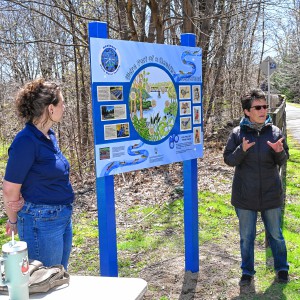 PHOTOS: Artsy and informative
PHOTOS: Artsy and informative
 Photos: A musical classic returns
Photos: A musical classic returns
 PHOTO: Flowing falls
PHOTO: Flowing falls
 Regional Notebook: April 24, 2024
Regional Notebook: April 24, 2024
Sports

High schools: Skyler Steele powers Frontier softball past Wahconah
It was a birthday to remember for Skyler Steele.The Frontier slugger smacked a home run and drove in five runs as the Redhawks cruised to a 15-3 victory over Wahconah in a Franklin County League West contest on Monday at Zabek Field in South...
 Bulletin board: Landon Allenby, Lucas Allenby shine at USA Snowboard and Freeski Association Nationals
Bulletin board: Landon Allenby, Lucas Allenby shine at USA Snowboard and Freeski Association Nationals
 Baseball: Athol outlasts Franklin Tech in nine-inning thriller (PHOTOS)
Baseball: Athol outlasts Franklin Tech in nine-inning thriller (PHOTOS)
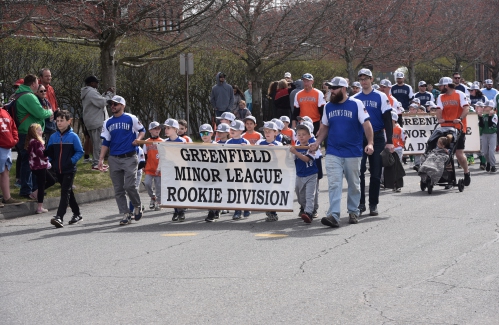 GMLB, Newt Guilbault gets seasons underway Sunday (PHOTOS)
GMLB, Newt Guilbault gets seasons underway Sunday (PHOTOS)
Opinion

Laurie Benoit: Volunteers needed for cleanup of Buckland cemeteries
The Buckland Union Cemetery Association, Inc., will hold its annual spring cleanup on Saturday, April 27 from 10 a.m. to noon. Volunteers are needed to help remove sticks, seasonal decorations, dead flowers and wreaths, broken items, and debris in our...
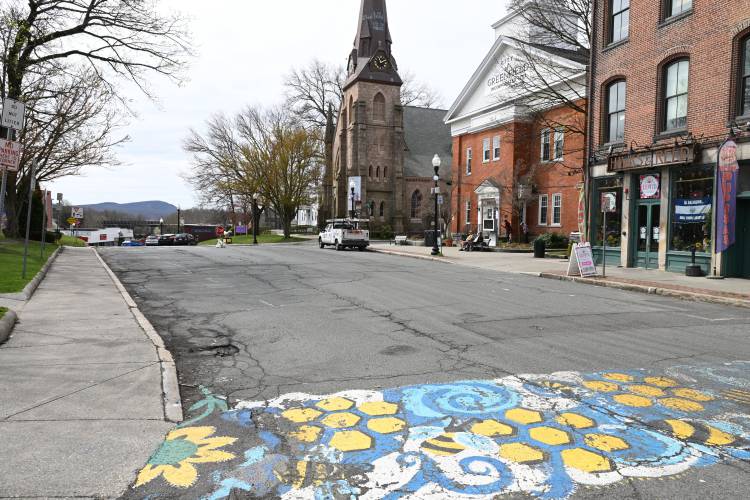 Todd Damon: Liking the positive vibe of Greenfield lately
Todd Damon: Liking the positive vibe of Greenfield lately
 Patter Field: Northfield Bird Club wins award
Patter Field: Northfield Bird Club wins award
 Kim George: National Volunteer Week — hospice needs you
Kim George: National Volunteer Week — hospice needs you

Business

New Realtor Association CEO looks to work collaboratively to maximize housing options
SPRINGFIELD — As the Realtor Association of Pioneer Valley’s new CEO arrives to a Massachusetts housing market plagued by high prices and a lack of stock, he aims to work alongside elected officials to maximize the availability of different kinds of...
 New owners look to build on Thomas Memorial Golf & Country Club’s strengths
New owners look to build on Thomas Memorial Golf & Country Club’s strengths
 Cleary Jewelers plans to retain shop at former Wilson’s building until 2029
Cleary Jewelers plans to retain shop at former Wilson’s building until 2029
 Tea Guys of Whately owes $2M for breach of contract, judge rules
Tea Guys of Whately owes $2M for breach of contract, judge rules
 Primo Restaurant & Pizzeria in South Deerfield under new ownership
Primo Restaurant & Pizzeria in South Deerfield under new ownership
Arts & Life

Rescuing food and feeding people: Rachel’s Table programs continue to expand throughout western Mass
My great-grandmother’s oak dining table has graced my kitchen ever since my parents built the house in the 1980s. Looking at it makes me happy. The table — actually, almost any table — signifies history, nourishment, family and community.The...
Obituaries
 Raymond E. Scott
Raymond E. Scott
Raymond E. "Ray" Scott Bunnell, FL - Raymond E. "Ray" Scott, 78, of Bunnell, Florida passed away August 15, 2023. Ray was born in Yonkers, NY March 19, 1945. He was the son of Allan and Selva (Barney) Scott. Ray moved to Buckland as a yo... remainder of obit for Raymond E. Scott
 John Kubacki Jr.
John Kubacki Jr.
John Kubacki, Jr. Palm Bay, FL - John Kubacki, Jr., 75 years old, of Palm Bay, Florida died peacefully on Wednesday, April 17, 2024 surrounded by his loving family. He was born on October 8, 1948, the son of Irene and John Kubacki Sr. ... remainder of obit for John Kubacki Jr.
 Frank Kelley
Frank Kelley
Keene, NH - Frank S. Kelley, 93 of Keene, N.H. formerly of Greenfield, Mass and Northfield, Mass. died Thursday (4-18-2024) at Cheshire Medical Center, Keene, N.H. He was born in Orange, Ma. on February 23, 1931, the son of Burton and M... remainder of obit for Frank Kelley
 Diane H. Overstreet
Diane H. Overstreet
Greenfield, MA - Diane H. Overstreet (Glazier) of Greenfield succumbed to a short battle with cancer on Wednesday March 27th, 2024, at the age of 75. Born June 2nd, 1948, in Greenfield, Massachusetts to Warren and Bernice Glazier. D... remainder of obit for Diane H. Overstreet

 Man allegedly steals $100K worth of items from Northampton, South Deerfield businesses
Man allegedly steals $100K worth of items from Northampton, South Deerfield businesses
 My Turn: Still No. 1 in male mass shootings 25 years after Columbine
My Turn: Still No. 1 in male mass shootings 25 years after Columbine
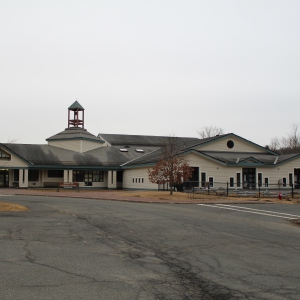 Building conversion, battery storage bylaws up for vote at Sunderland Town Meeting
Building conversion, battery storage bylaws up for vote at Sunderland Town Meeting
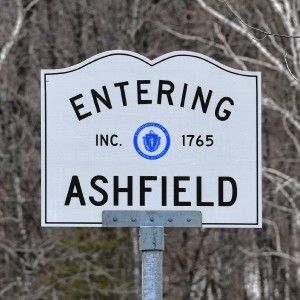 Longtime moderator facing challenger in Ashfield election
Longtime moderator facing challenger in Ashfield election
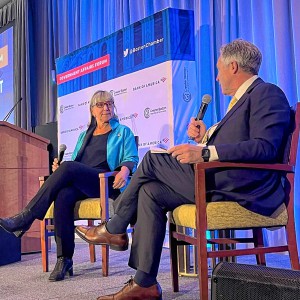 Spilka pledges ‘comprehensive climate bill’ in Senate
Spilka pledges ‘comprehensive climate bill’ in Senate
 Prescription drug take back day set for Saturday in 15 communities in Franklin, Hampshire counties
Prescription drug take back day set for Saturday in 15 communities in Franklin, Hampshire counties
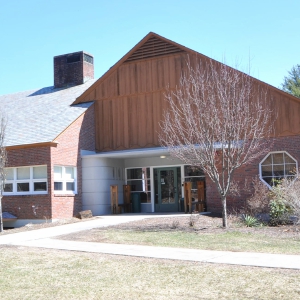 Leverett Town Meeting voters will decide cease-fire call, budgets
Leverett Town Meeting voters will decide cease-fire call, budgets
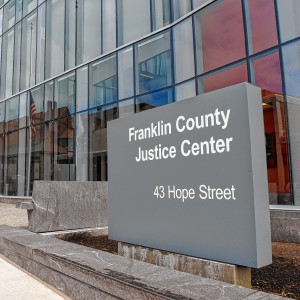 Judge dismisses case against former Buckland police chief
Judge dismisses case against former Buckland police chief
 $10K grant to build on Erving Public Library’s work with neurodivergent patrons
$10K grant to build on Erving Public Library’s work with neurodivergent patrons
 Bulletin Board: Gary Tashjian, Cheri McCarthy win Twice As Smart Pickleball Tournament
Bulletin Board: Gary Tashjian, Cheri McCarthy win Twice As Smart Pickleball Tournament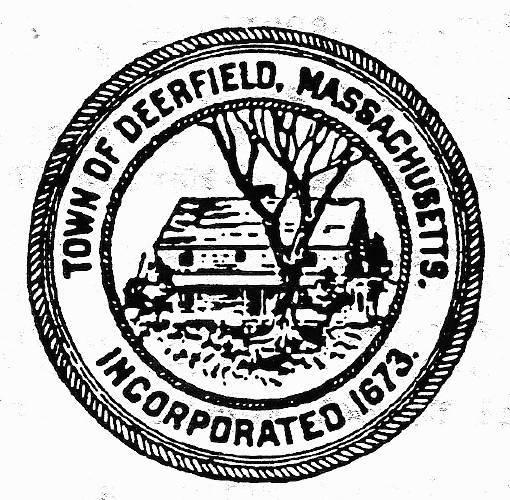 Charlene Galenski: Blake Gilmore, a strong candidate for Deerfield’s Selectboard
Charlene Galenski: Blake Gilmore, a strong candidate for Deerfield’s Selectboard A day to commune with nature: Western Mass Herbal Symposium will be held May 11 in Montague
A day to commune with nature: Western Mass Herbal Symposium will be held May 11 in Montague Speaking of Nature: ‘Those sound like chickens’: Wood frogs and spring peepers are back — and loud as ever
Speaking of Nature: ‘Those sound like chickens’: Wood frogs and spring peepers are back — and loud as ever Hitting the ceramic circuit: Asparagus Valley Pottery Trail turns 20 years old, April 27-28
Hitting the ceramic circuit: Asparagus Valley Pottery Trail turns 20 years old, April 27-28 Best Bites: A familiar feast: The Passover Seder traditions and tastes my family holds dear
Best Bites: A familiar feast: The Passover Seder traditions and tastes my family holds dear
